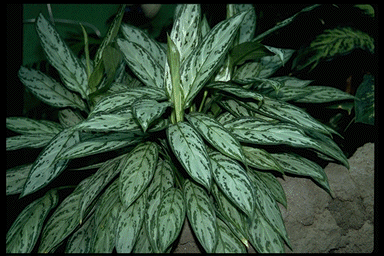COLOSTRUM:
Colostrum is the milk that the mother excretes in the earliest days of breastfeeding. The milk has the following properties ... (1) low in fat, (2) high in cabohydrates, protein and antibodies, (3) easy to digest, (4) has a laxative effect, (4) concentrated immunity factors, (5) high concentrations of leukocytes (protective white cells which can destroy dsease-causing baceria and viruses).
DEFICIENCIES: There are no signs of deficiency, but everyone can benefit from supplementing with colostrum. People that may benefit most from the consumption of colostrum include: diabetics, the overweight or obese, accident victims, persons suffering from terminal illness, and athletes.
Diabetics may benefit from supplementing with colostrum because of colostrums ability to assist in the regulation of blood sugar.
The overweight or obese, who frequently suffer from chronic hypertension, will find that colostrum lowers blood pressure, and because of its GH content, will simultaneously lower bodyfat levels.
Accident victims or those who have recently undergone surgery, may find that colostrum speeds healing and recovery. This is, in part, due to its GH and immunoglobin content. Anecdotal evidence suggests that women [and some men] who suffer from chronic yeast infections may benefit from supplemental colostrum. Colostrums ability to inhibit yeast formation may be responsible for this apparent, but yet scientifically unproved, benefit.
SIDE EFFECTS: No side effects have been reported.
CAUTION: Individuals suffering from diabetes, prostatitis, dwarfism, obesity, hypertension, HIV or cancer, should consult a qualified medical practitioner prior to the use of supplemental colostrum.
COLTSFOOT (Tussilago Farfara)
. Also called ... horse-hoof and coughwort. Dried leaves and flowers are typically used to make a tea. Used in the treatment of coughing due to bronchitis and emphysema. CAUTION: Alkaloids are present which can damage the liver or cause cancer.
COMFREY (MARIGOLD) (Symphytum Officinale)
Heals, soothes, regenerates damaged skin, relieves inflammation. Black head remover.
The root relieves chest congestion. Is useful in healing skin injuries.
Easily absorbed through the skin, it is primarily used as a topical remedy.
CAUTION: Harvard Medical School researchers say the tea has a potentially toxic effect and can cause liver disease (including cancer) or liver failure.
CORNSILK (Stigmata Maydis)
Dried corn silk is useful for kidney and bladder troubles. Also as a cardiac stimulator and as a diuretic.
CRANBERRY (Vaccinium Mactocarpon)
Inhibits the growth of bacteria in the urinary tract. Due to the fact that commercial preparations contain sugar and are high in calories, it is advisable to take the more potent capsules that are available in health food stores. Long used as a treatment for bladder infections.
DOSAGE: Cranberry can be taken as a juice (150-600 mL) or in the form of juice capsules (600-800 mg) daily.
Return to top of page
| Home |
![]()
